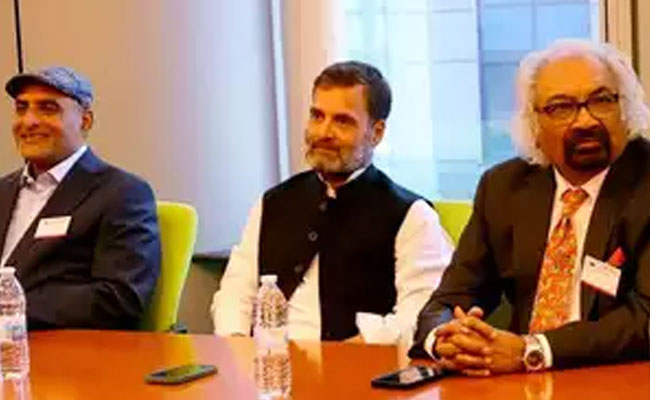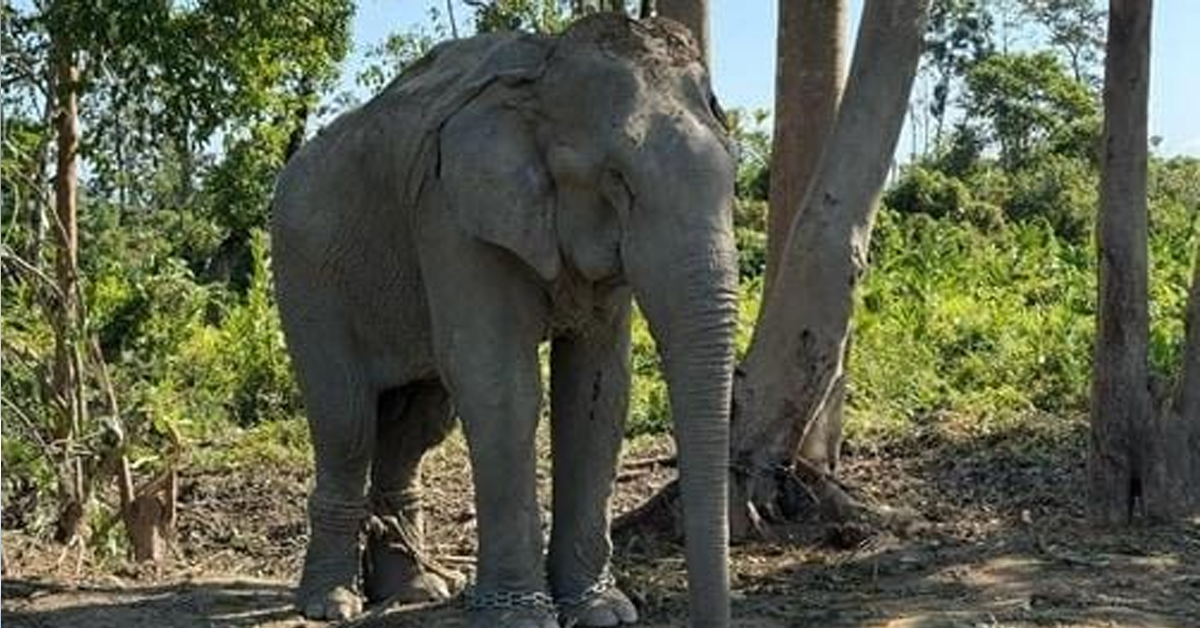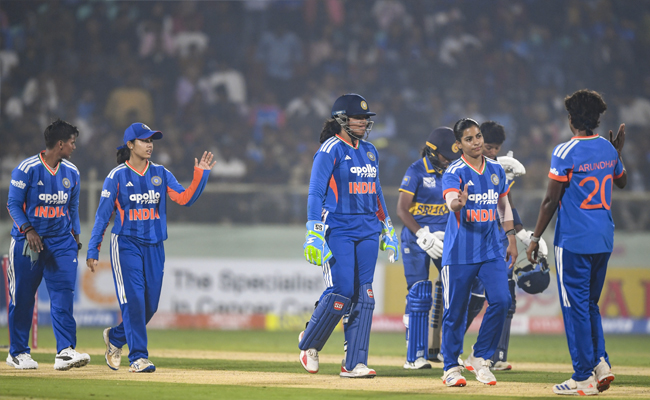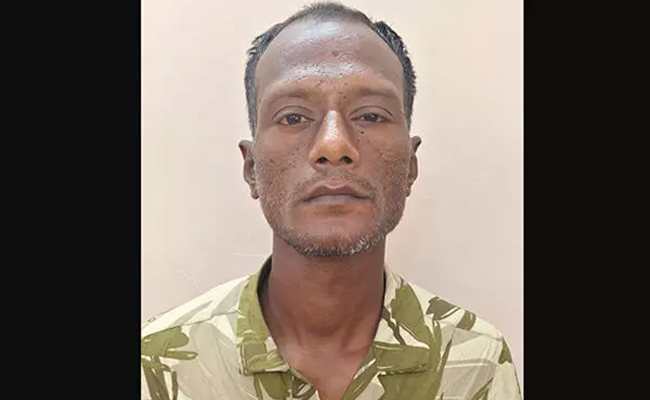London (PTI): Congress leader Rahul Gandhi held closed-door meetings with some members of the European Parliament (MEPs) in Brussels on Thursday, marking the start of his three-nation European tour.
According to sources, the human rights situation in Manipur was among the topics that were raised during his meetings in the Belgian capital. This comes against the backdrop of a resolution entitled India, the situation in Manipur' which had been adopted by the European Parliament in July.
The discussions in Brussels, which were not listed on the official parliamentary agenda of the day, were described as successful by Opposition party sources.
India in the past has said that the Indian authorities at all levels, including the judiciary, are seized of the situation in Manipur and are taking steps to maintain peace and harmony and law and order.
"The European Parliament would be well advised to utilise its time more productively on its internal issues," Ministry of External Affairs Spokesperson Arindam Bagchi said in July when the European Parliament adopted a resolution on the human rights situation in India, with particular reference to the clashes in Manipur.
He added that "such interference in India's internal affairs is unacceptable, and reflects a colonial mindset".
"Shri @RahulGandhi at a round table with MEPs in the European Parliament, co-hosted by MEP Alviina Almetsa (Shadow Rapporteur on EU-India Relationship) and MEP Pierre Larrouturou (portfolios within Parliamentary budget, climate & employment generation)," the Congress Party said in a tweet, confirming the meeting.
Later on Thursday, Gandhi attended an event organised by civil society organisations focussed on human rights issues within the European Union (EU). The day concluded with an interaction over dinner with the Belgium-based Indian diaspora.
The former Congress chief is expected to leave for Paris after a meeting with business leaders and a media interaction in Brussels on Friday. He is also tentatively scheduled to address the media in the French capital later on Friday.
On Saturday, he is expected to hold a meeting with French parliamentarians and interact with students at the Sciences Po University before leaving for the Netherlands on Sunday. There he will visit the 400-year-old Leiden University and interact with students.
On September 11, the Congress leader would head to Norway where he will meet the country's parliamentarians in the capital Oslo. He would also meet non-resident Indians and attend a meeting at the University of Oslo.
The Indian Overseas Congress is organising the events for Gandhi, a senior party leader said. He is scheduled to return on September 12 night, a day after the conclusion of the G20 Summit.
The G20 Leaders Summit will be held from September 9 to 10 in Delhi.
Let the Truth be known. If you read VB and like VB, please be a VB Supporter and Help us deliver the Truth to one and all.
Pilibhit (PTI): A 19-day-old elephant calf, brought from Bijnor, was placed under care at the Pilibhit Tiger Reserve (PTR) on Sunday, an official said and added that the calf got separated from its mother in the forest area of Bijnor.
The calf was born on December 2 in the Bijnor forest area and got separated from its mother shortly after birth, the official said.
The forest department made several attempts to reunite it with its mother, but without any success. To ensure the calf's safety and better care, it was decided to transfer it to the Pilibhit Tiger Reserve on the instructions of senior officials.
On Saturday, Deputy Director Manish Singh received the calf. Special arrangements have been made in the reserve for its care. It has been kept in a safe and clean environment to provide it with a natural setting and protect it from external noise and disturbances.
Singh told reporters that raising an 19-day-old calf is challenging.
It requires a special diet as a substitute for mother's milk and constant monitoring.
He said a special team has been formed to provide 24-hour care. Since the calf is very young, it is being cared for like a newborn baby.
According to Singh, the primary responsibility for monitoring the calf's health has been entrusted to PTR's veterinarian, Dr Daksh Gangwar. Under his supervision, a complete record of the calf's health checkups, diet, and body temperature is being maintained. The team is ensuring that the calf does not contract any infection.





